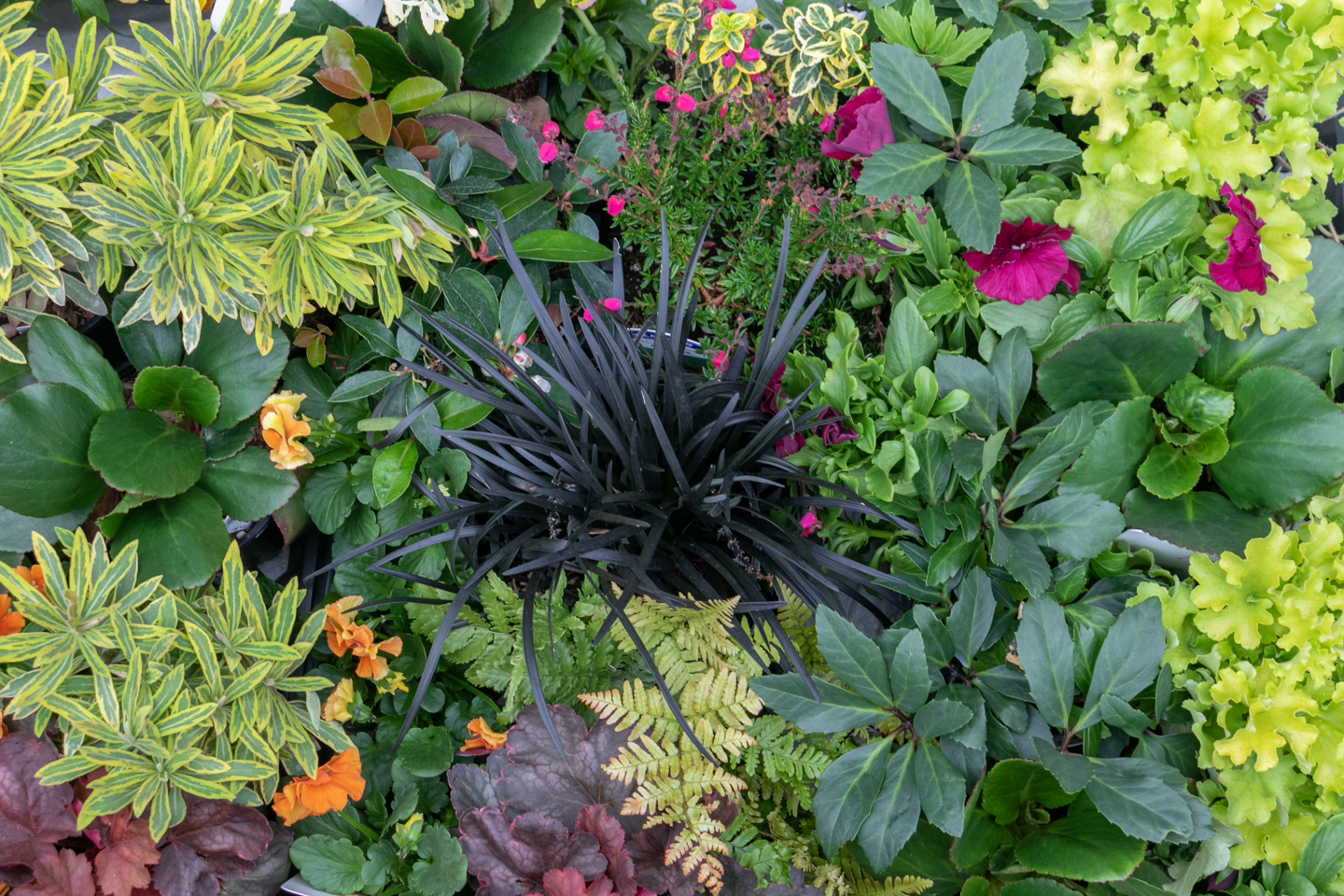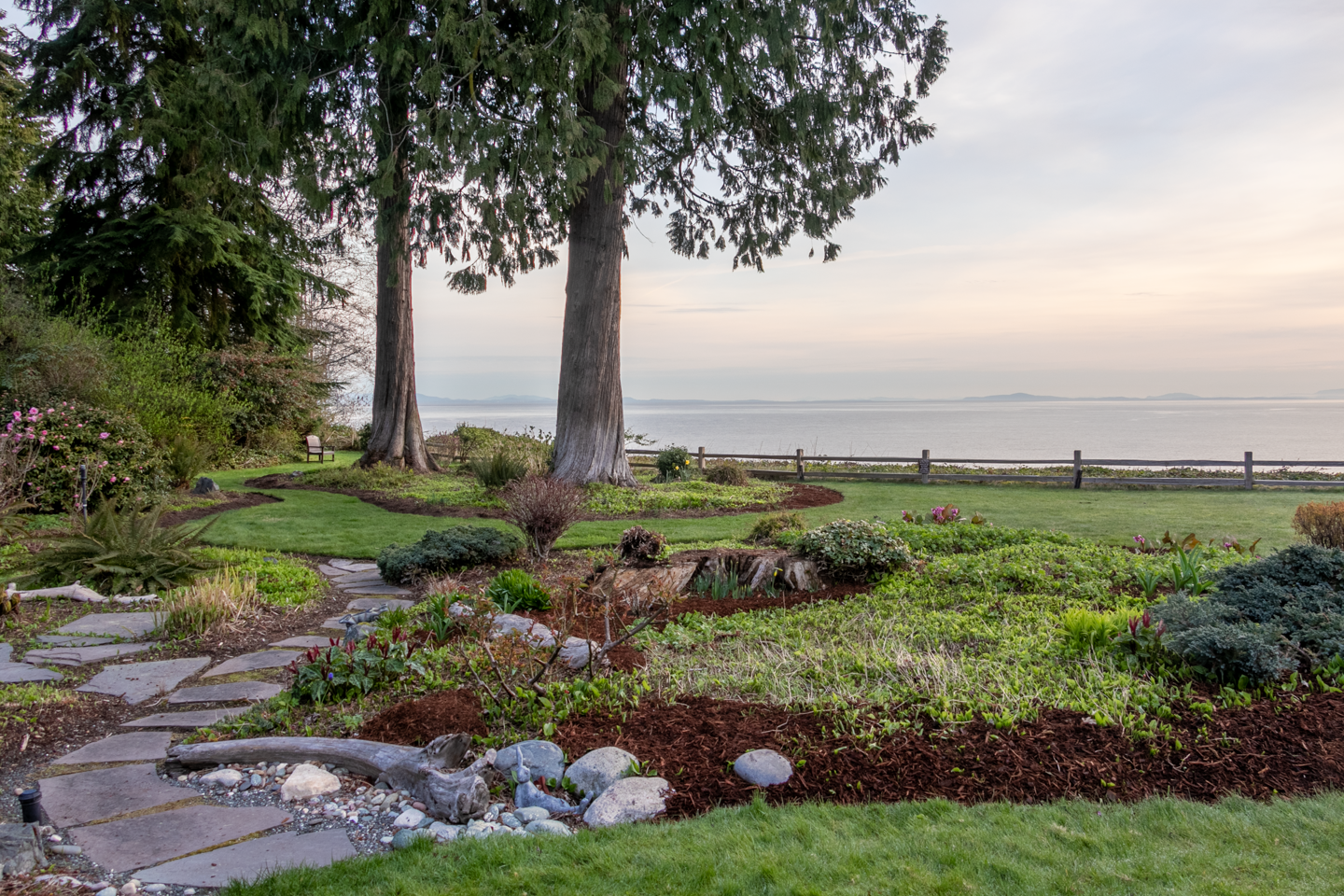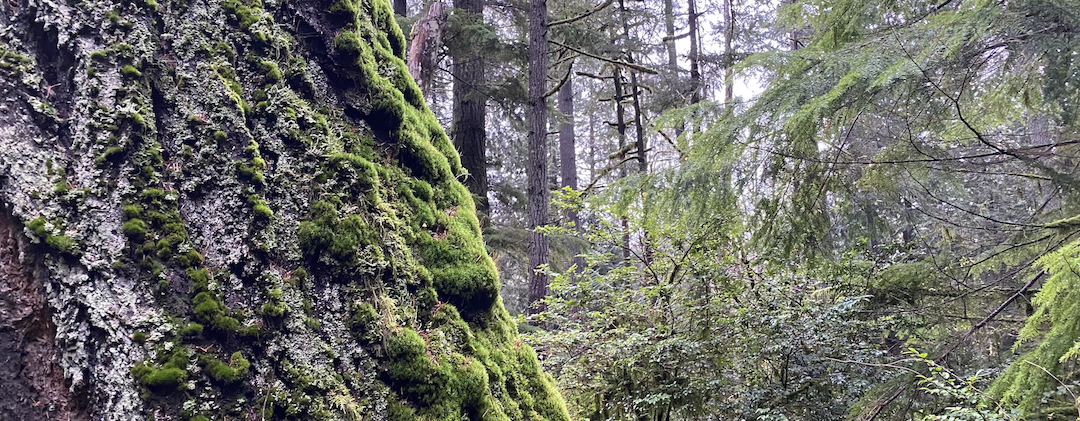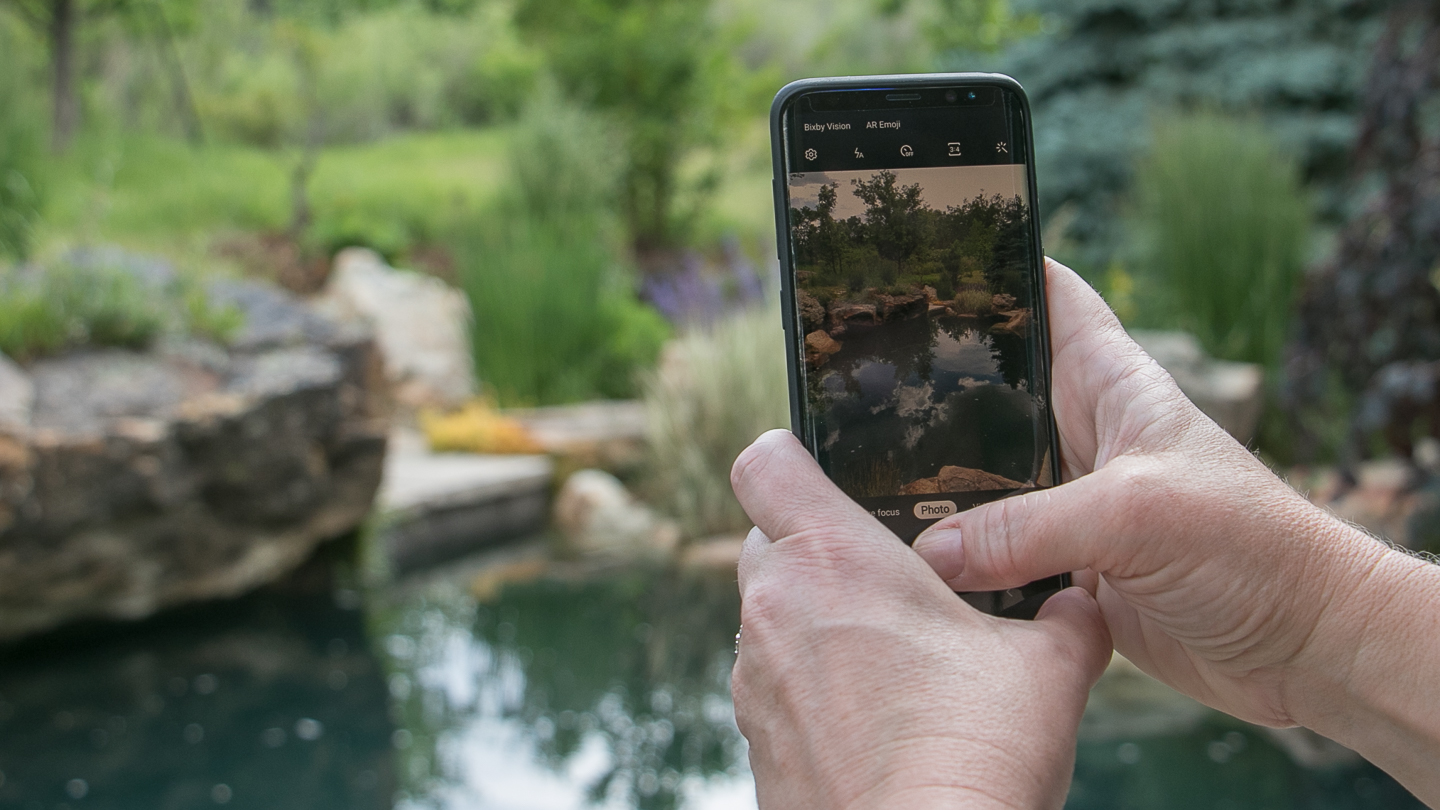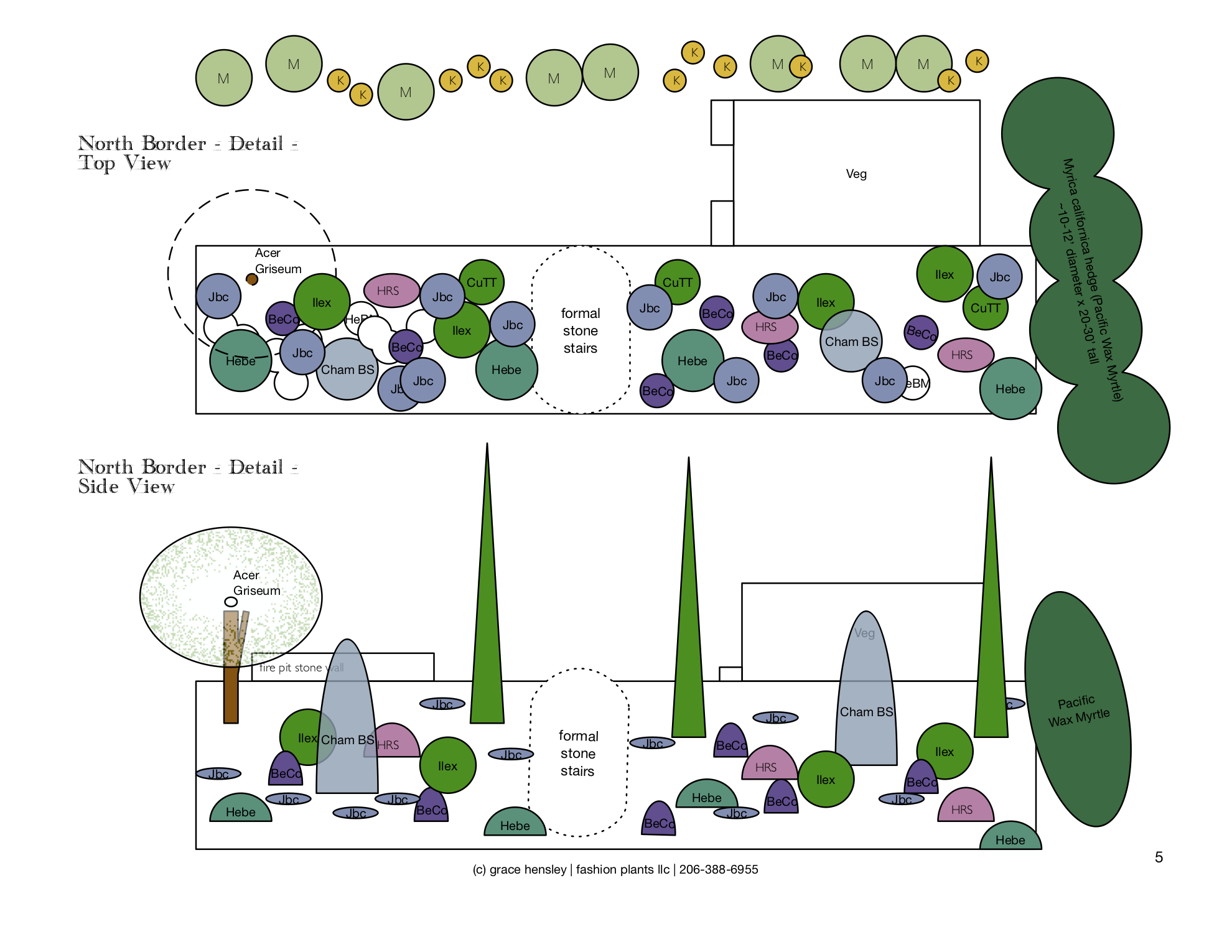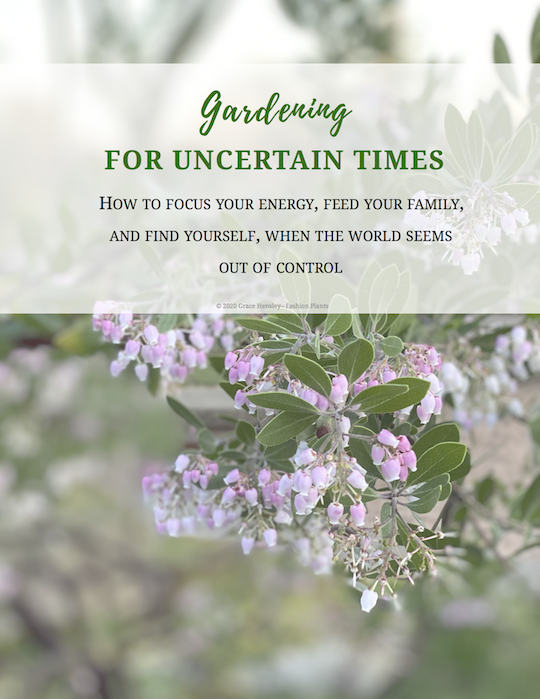
The internet brings daily, even hourly, updates about rational things to worry about. Seeing the grocery store sold out of toilet paper, and bananas, illogically makes me consider each square carefully, and crave exotic fruit. A meme circulates smugly boasting that gardeners know which plants are safe, and fuzzy enough, to use as nature’s toilet paper.
But I am a scientist, and claims that you should start growing medicinal herbs to cure every ailment, or stockpile natural remedies and essential oils are misguided hype. Offers to sell you pre-packaged seed banks for the end-of-times are not applicable to every climate.
This is not the time to panic, but to consider what practical things we can do to weather financial uncertainty, social seclusion, maintain our family’s health, and support our communities.
Gardening is the answer to navigating a topsy-turvy world
-grace hensley
Together, we can grow a new Virus Victory Garden.
Feeding your Family
The most logical thing is to combat fears of food scarcity. Our parents’ and grandparents’ memories of WWII victory gardens help guide us forward. Gardening to supplement what was available in the grocery stores was a way of life.
Let me remind you that in no way should we try to become totally self-sufficient. If you do the math, each family of four needs at least (insert wildly varying square footage-to-acreage claims) to support your vegetable production, healthy livestock, and have enough seed saved to grow enough food for the goats and chickens. It’s dependent on difficult to quantitate criteria like the quality of your soil, the calories needed, the willing labor available. Subsistence farming is quite challenging. And there is no such thing as 100% independence.
Let’s instead rely on barter, and kindness. Each of us have skills worthy of trade. Some of us have fruit trees that will bear later in the season. Some of us have skills growing lettuces, collecting eggs, and it’s as easy as pie to start growing potatoes for a high-calorie crop. If you anticipate selling your crops that come in later, exchanging labor now for dollars to use to purchase food sounds remarkably like going to work and the grocery store. There really is no need to panic here; better to focus on things that bring you flavor and fun. And, we’ll garden to victory.
Even if you live in an apartment, growing micro greens like daikon radish or red cabbage sprouts will give us quick bursts of fresh, nutrient-dense greens. With the ease of growth, efficient yields, and nutrient production, you can pretend you’re space farming!
Getting Started with your Backyard Grocery Store
If you are new to grocery gardening, great! There is room for everyone to grow something. First, get yourself a guru – in person, in print, online.
Victory gardening is easy … until it isn’t … and you will have questions. Books are fantastic. If you live in the Pacific Northwest, start with the Maritime Northwest Garden Guide; it’s simply our vegetable grower’s bible. If you are not in the PNW, seek out local publications such as those on your state’s Extension office website. These are trustworthy and practical guides for growing food in your climate. Use common sense when surfing the internet; print tends to be fact-checked. Support your local library.
Find a Friend
Not everyone learns from a book, or tiny print on a screen … find a friend, a garden coach, that little-old-lady down the street who gardens in her front yard, or ask for advice at a local independent garden center. Information is free, and gardeners are enthusiastic about sharing. Expect to pay a professional to come to your property and give specific, or ongoing advice. Hands on help accelerates learning. Seasons change and bring new challenges. Weeds may be hard to differentiate from your vegetables. What is that bug anyway? We were beginners too, and love to help.
Start Small for Steady Progress
When you start, don’t try to grow everything at once. Buy easy seeds: peas, radishes, lettuces, beans and annual flowers. Buy starts for warm-weather crops like tomatoes and squash. Get my list of what I’m growing this year. Learn how to weed and water. You will get further faster, by actually getting out there doing something in the garden every day or every week. Next year, you will be the expert helping a beginner start.
Those pre-packaged ‘Emergency Survival Vegetable Fruit Garden Seed Heirloom Prepper kits’ with vacuum sealed seeds guaranteed to last for 75 years? Totally preying on your fears. These are usually collections of seeds that may not meet your family’s food needs, and more importantly are not likely to grow well for you. In my cold summer climate, growing okra, collards, eggplants, and watermelons is foolish without expensive hoop houses and drip irrigation. Celery? Even though it’s a good-for-nothing-but-soup kind of vegetable, it is pretty tricky to grow in any garden. And claims of “Over 10,000 seeds!” might be 9000 sunflower seeds and 1001 beans. Nope.
Physical Health
Obviously, if you are feeling ill, stop reading right now and go to the doctor – I am not one! I am a trained biochemist, self-taught gardener, and a classic over-thinker who loves to do internet research from the comfort of my couch.
Treatment
Let’s talk biology. A virus cannot be cured by antibiotics, or silver solutions, or echinacea tinctures. Primary care is keeping fluids up, fever reduction, and supplemental oxygen if needed. Literally, chicken soup, medication, and doctors. Harvest some thyme from your garden to make the soup taste better.
Prevention
I am a big proponent of better living through chemistry; a virus is easy to manage – with soap, alcohol, and bleach. Soap doesn’t kill a virus, but it does wash most of it away. Household bleach solutions (that’s 4 teaspoons in a quart of water in a spray bottle), or 70% alcohol solutions (1 cup water in 3.5 cups of 91% isopropanol) disinfect hard surfaces. Wipe up with clean cloths that get laundered on hot settings. Common sense.
But what about vinegar? I made some last year at a cider-pressing party, by saving apple peels and fermenting them. Some companies even sell their “supercharged” vinegars (but basically are converting acetic acid and salt into hypochlorous acid). The reality is that distilled white vinegar, which is 5% acetic acid, is simply not strong enough to be effective against all germs, and my vinegar has been sitting on the kitchen counter for several months, slowly becoming less acidic. Better to use in salad dressing.
Exercise
Exercise is the single most important panacea – it cures all ails. Gardening is an ideal low-impact fitness activity. For one, you sort of need to do a little bit every day … but that’s a good thing because by being present, you’ll notice minute changes in the garden. Daily aerobic effort digging in the soil, or raking improves overall fitness. You’ll get strength training by moving containers or mulch. You’ll improve your balance and flexibility as you reach to prune your fruit trees. Really, because you do no one repetitive task for more than 20 minutes, you won’t strain your muscles. Victory gardening is a real workout.
Love coneflowers? Me too, even though they peter out after a few years in our dry summer gardens. Some people swear by collecting the leaves and flower buds for making teas. Ingesting extracts of echinacea may have a very slight benefit in preventing colds by boosting your immune system, but that is required well before exposure. However, none of the individual trials found a significant association of Echinacea with a reduction of colds.
This is as one might expect, because how do you know how much of the effective ingredient did you take? Was the echinacea collected at its peak potency and dried immediately? How much did you add to your teapot, and for how long did you let it steep? How much did you drink? When is it enough? Instead, drink your tea to enjoy it! Slow down, relax, and look out at the birds enjoying coneflower seeds in your late-winter garden.
Mental Health
Speaking of slowing down, it’s easy to become frenetic with worry about stockpiling food, or prepackaged disposable bleach wipes just because everyone else is doing it. Stop, take a deep breath, smell the roses. Gardeners have you covered there, too!
Combatting depression
Gardeners have known for a long time that after a day working outside, weeding and planting, we come inside considerably happier. Now science shows us why – a lovely Mycobacterium vaccae (named because they discovered this bacteria in cow dung) is proven to reduce inflammation, combat anxiety, and relieve depression.
“Children raised in a rural environment, surrounded by animals and bacteria-laden dust, grow up to have more stress-resilient immune systems and may be at lower risk of mental illness than pet-free city dwellers.”
Lisa Marshall, Science Daily
When your mom says, “go out and play in the dirt”, it’s literally good for you, setting you up for a lifetime of better health, and mental resiliency. Now I want to have a pet miniature cow.
Horticultural Therapy
Not only did mom know best, so did Grandma – therapeutic gardening was used as far back as World War I on disabled veterans, and has been shown to be effective for a wide range of ages and disabilities including Altzheimer’s, mental illness, and developmental delays. This isn’t pseudoscience; horticultural therapy is the real deal, improving overall wellness. Even looking at gardens and growing things speeds healing. The fact that being in a green environment reduces stress is probably why Amazon built those spheres for their ‘Amazombies’. My friend James Alexander-Sinclair designs healing gardens for spinal recovery in Horatio’s Gardens to improve both patient and family life during the recovery process. I simply cannot overstate the value of the restorative power of gardening and being outside in nature.
Social connection
Let me conclude with the positive effects of social connection through gardening. I personally am obsessed with plants because I will never be able to learn everything; it will be mentally stimulating for the rest of my life. When I became aware of ornamental gardening as a tot, seeds were exchanged by mail, all the way around the world to be grown in my mother’s garden, and in those of her friends.
Now we connect with the speed of pixels, whizzing across the internet (ideal for the social distancing we must practice right now). Even if you never lifted a finger to garden, you can have a conversation with a sweet pea breeder in New Zealand, a plant explorer in the Pacific Northwest, a garden designer in Holland … all with the ease and immediacy of the internet. The community of plant people is literally world-wide.
There are so many good mental health reasons to remain socially connected, but additionally it literally strengthens your immune system. Loneliness has been shown to increase inflammation and decrease antiviral compounds. We are social creatures by nature; it’s good for our health.
So, if you feel overwhelmed by these rapidly changing, isolating times … get outside, get your hands dirty, start growing a victory garden, take a walk in nature, share your experience on social media, make some chicken soup, and call your mom.
You’ll feel better.

